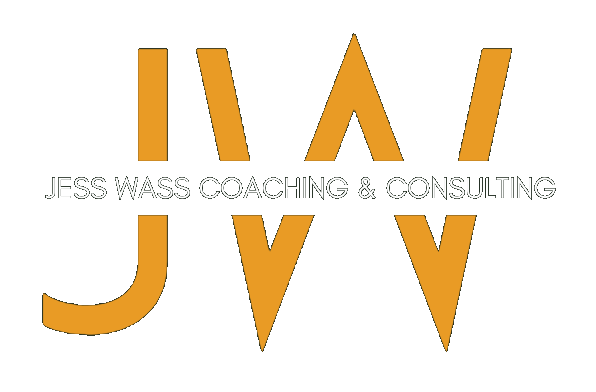How to Embrace the Idea of “Play” in Your Work Routine
How often do you as an adult say you’re “playing”? Probably not as often as we should be. Psychologists define play as “activities that appear to be freely sought and pursued solely for the sake of individual or group enjoyment.” Taking time to engage in the act of play is just as important for adults as it is for children. Yet, somewhere along the road to “adulting” we dropped this activity. It becomes something we think is just for children or it seems too selfish for us to indulge in. However, there is a lot to benefit from when we embrace this idea of play into our adult lives. When combined with resting, we have the counterweights we need to keep achieving our goals while avoiding burnout.
BEING PRESENT
So why is play such a critical activity we need to incorporate into our lives? Well first off, play can help teach us how to stay present and in the moment. Play is an activity that pulls you into the present moment. This is important because so many of us are constantly drawn to worries and anxieties about the future, or mired in reflecting on experiences from the past. As a result, it can feel so refreshing to focus on the present moment. This is the whole point of meditation and mindfulness practice. Engaging in play can get us a similar result, with the added benefit of it being more fun (at least in my opinion).
Additionally, play is an opportunity to indulge in an activity simply because it’s enjoyable, rather than because it represents an achievement. For overachievers, being able to press pause on your achievement drive for a short period of time can help you feel more balanced as you replenish your energy. In play, there is no goal. Or at least the goal is just to enjoy the activity. For example, I had one client who really enjoyed painting, but felt a lot of pressure to be good at it. This focus on a goal or the outcome took away the enjoyment of the activity. When this client gave themselves permission to throw away the art at the end of their painting session, it shifted the focus from the outcome to the process. All of a sudden it changed their connection with the activity and made it more appealing to them again. They ended up painting just to enjoy the act of painting, regardless of what was created in the end.
ADOPTING A BEGINNER’S MINDSET
Another benefit of play is that it can help us adopt a beginner’s mindset. How often in our careers are we trying to be the best? To be error free? How often do we feel challenged to admit we made a mistake? This pressure to be the best restricts our ability to be creative, to expand our minds, to take risks, and more importantly, to enjoy the process. One of the best ways to engage in play and rebuild this beginner's mindset is to engage in a hobby. Almost inherent in the idea of a hobby is that we are amateurs, not professionals. And as a result, it gives us permission to learn. The best medicine for an overachiever is to learn to enjoy something you are not good at.
A few years ago, I took on bread baking as a hobby (and no I’m not making sourdough). I was excited by the idea of doing something I had absolutely no experience in and gave myself permission to learn and enjoy the process. In fact, I even gave myself permission to throw out things when they didn’t work. On several occasions I had to throw out a finished product because it didn’t come out right (and by “right”, I mean edible). This was after spending almost 5 hours on the process! And yet, it was ok because while it would have been nice to eat some bread after all that work, the point was to enjoy the process of learning. On other occasions, serving an imperfect bread loaf felt empowering. There was no embarrassment. Just an acceptance of this is what it is and a curiosity around what I can do differently next time. What could we gain from leveraging this beginner’s mindset and applying it to our work life? What could we learn?
—-
Overall, setting and achieving goals can help you feel a sense of accomplishment and purpose in your life. However, we need to balance our drive with activities that will allow us to replenish our energy. Both the ideas of embracing rest and play can help ensure we have the energy we need to keep going and avoid burnout. How can you start to incorporate these ideas into your regular routine going forward?
